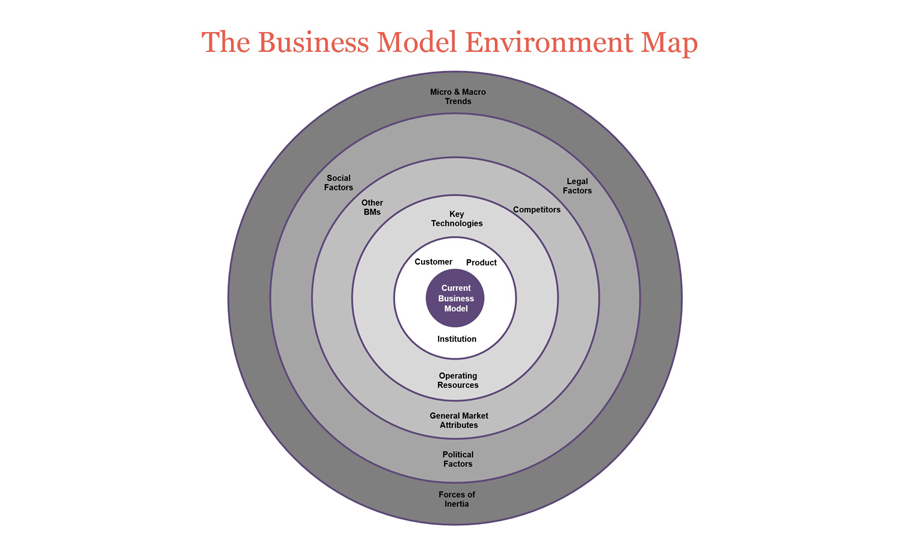books

The Process of Business Model Innovation
Dr. Georg Stampfl explores in detail the nature of business model innovation processes in established companies from the organizational and the individual perspective. He outlines when and why the process of business model innovation is started, how the process of business model innovation unfolds and what contributes to or inhibits success. Moreover, the author investigates how individuals discover new business models and how innovation teams collaborate in business model innovation projects. Based on these insights the author provides helpful guidelines on how companies can tackle the business model innovation challenge.
Book is written in English.

Innovation projects and heterogeneous teams: success factors in interdisciplinary collaboration
It is well-known that innovation is a key factor for survival and growth of companies in increasingly unstable and competitive environments. An
innovation project, however, is a big challenge due to its complexity and uncertainty regarding outcomes. Competences and knowledge from
various disciplines have to be united in one project team. Research has shown that teams which are heterogeneous regarding the backgrounds
of its members are able to complete innovation projects more successfully than homogenous teams. Consequently, the effective and efficient
collaboration of different disciplines is a very important success factor.
However, the collaboration of people with different background is often troublesome. Members of innovation project teams do not only have varied expert knowledge, but also diverse experiences, mindsets, problem-solving approaches, working styles and stereotypical perceptions –
a big potential for conflicts within teams. Cultural clashes, inconsistent team skills and inadequate communication are very frequently the primary reasons for failed projects. The majority of factors negatively influencing interdisciplinary cooperation – and as a consequence putting project success at risk – are related to the individuals involved.
The basis for this book is an empirical study investigating the effect of person-related factors on the success of innovation projects (e.g., communication behavior, role flexibility, willingness to take different perspectives). The results are discussed and valuable implications for executives, innovation managers and project leaders regarding the management of innovation projects are provided.
Book is written in German.
research paper
An Explorative Model of Business Model Scalability
Stampfl, G., Prügl, R., Osterloh, V.
International Journal of Product Development, Special Issue on Business Model Innovation
Many of today’s most successful and fastest growing companies are former Internet start-ups that developed to multi-million dollar businesses.
There is broad consensus that a scalable business model plays a key role in their way to success. However, the factors that influence business
model scalability have so far received little attention. This paper aims at shedding more light on this issue by introducing an explorative model for business model scalability. The proposed model is based on the analysis of two sources: (1) a wide body of literature, in particular including a broad range of studies from entrepreneurship, strategy, and business model research, and (2) data from qualitative research based on indepth expert interviews with experienced entrepreneurs who founded Internet start-ups as well as investors focusing on web-based businesses.
In keeping with the goals of qualitative research, the interviews and analysis were used to identify and define aspects of business model scalability in the phase of business model design and business model implementation. The explorative model developed in this study provides
a basis for understanding the role of a scalable business model in new venture growth. Moreover, it identifies mechanisms for successful webbased business model innovations.
This study, therefore, serves as a starting point for further research of business model scalability. It also provides a guide for entrepreneurs, investors, and executives to assess the potential of new innovative business models.
This article can be accessed via the publisher's website (subscription required).


